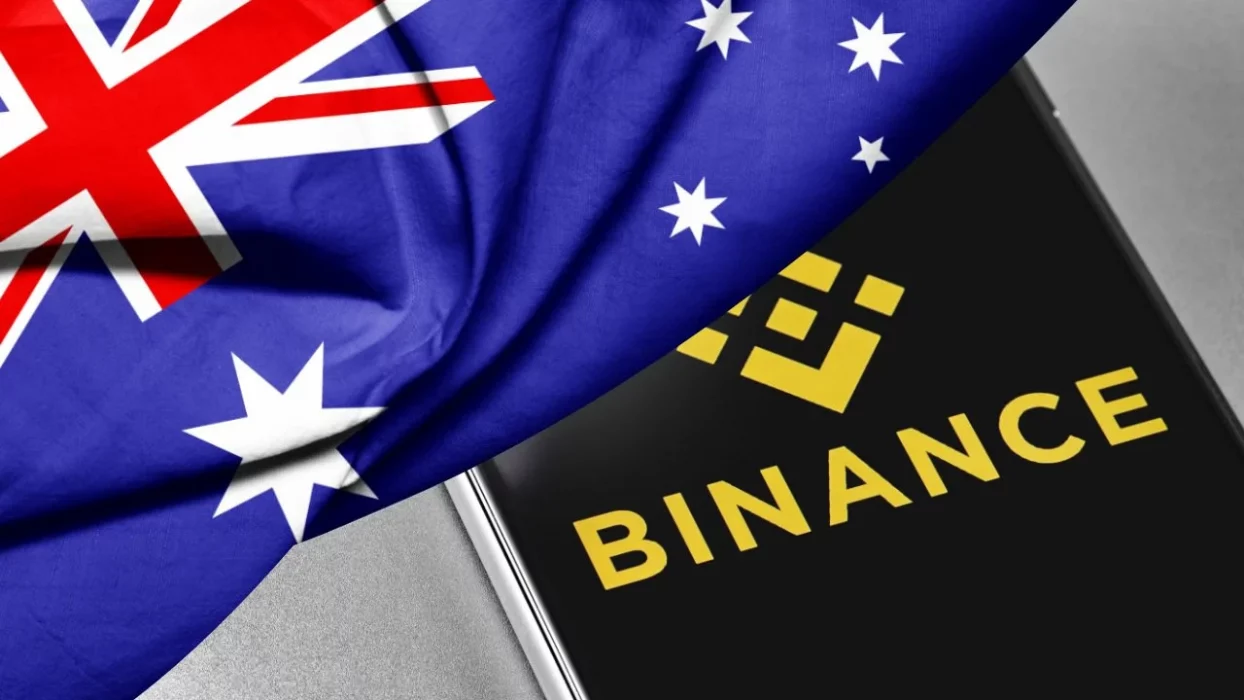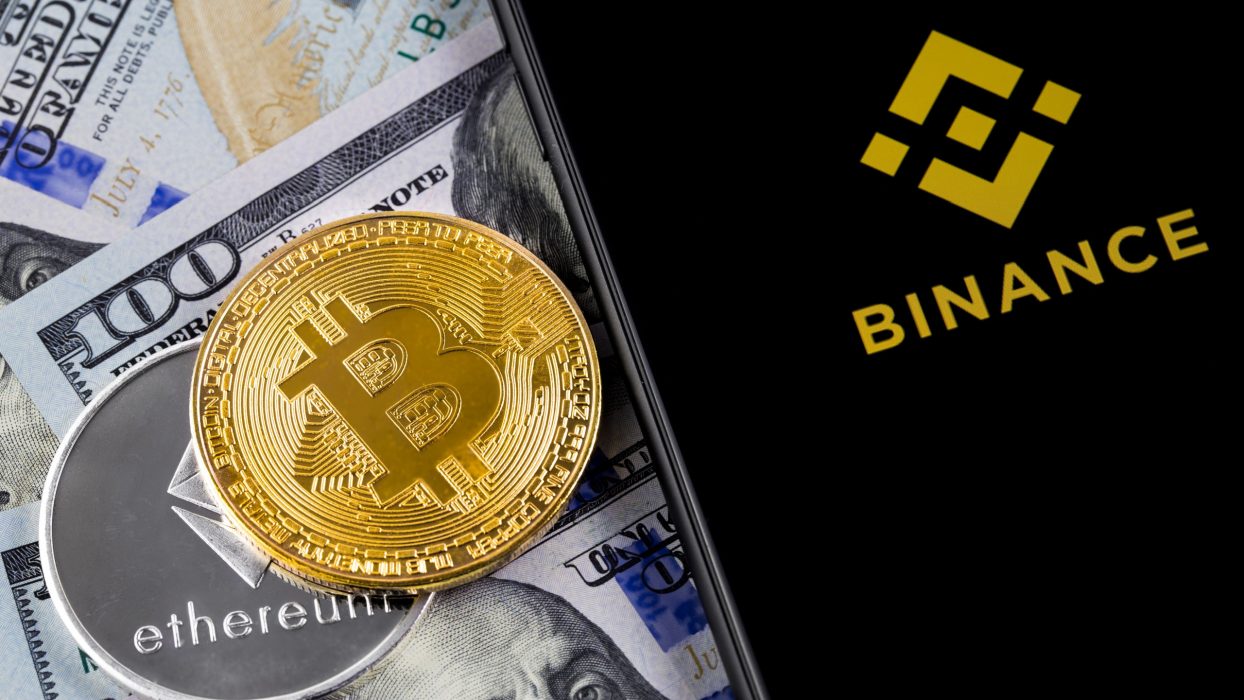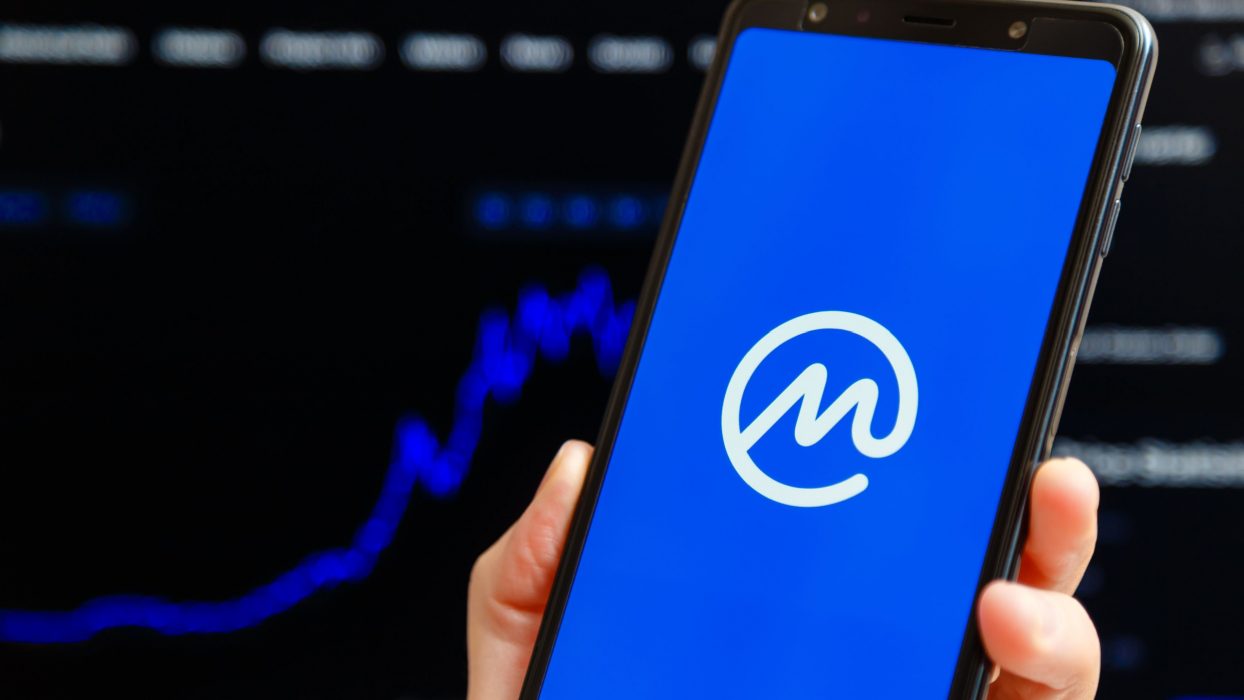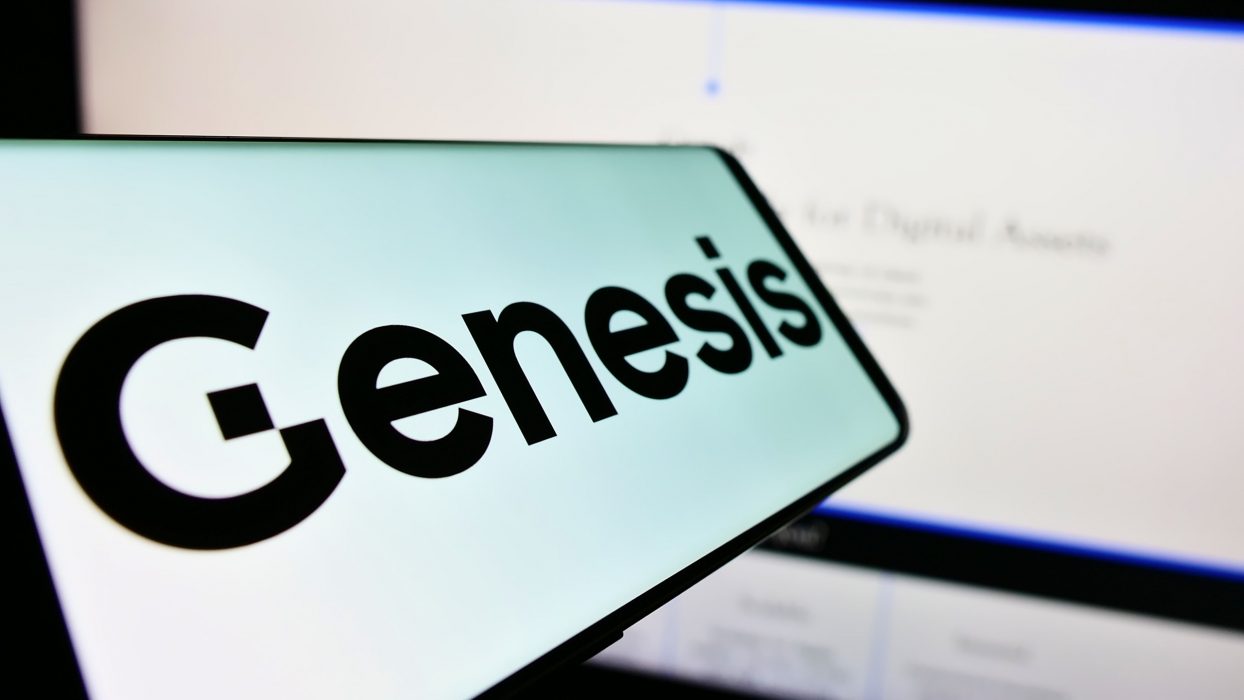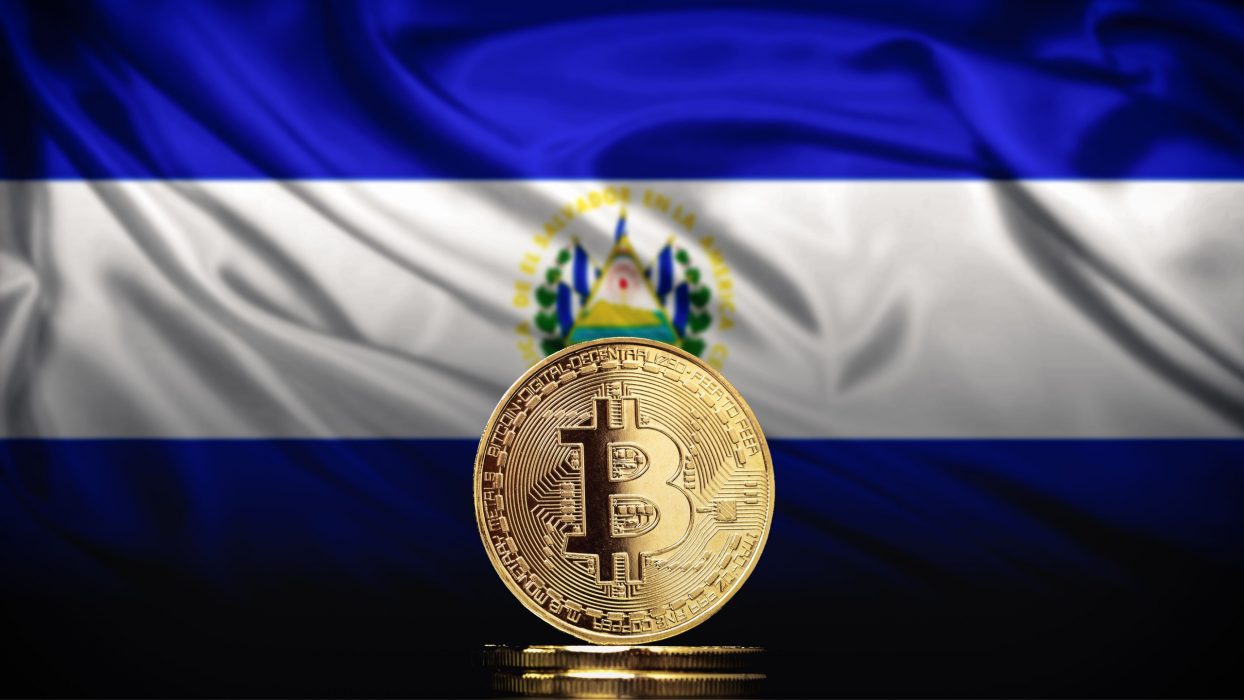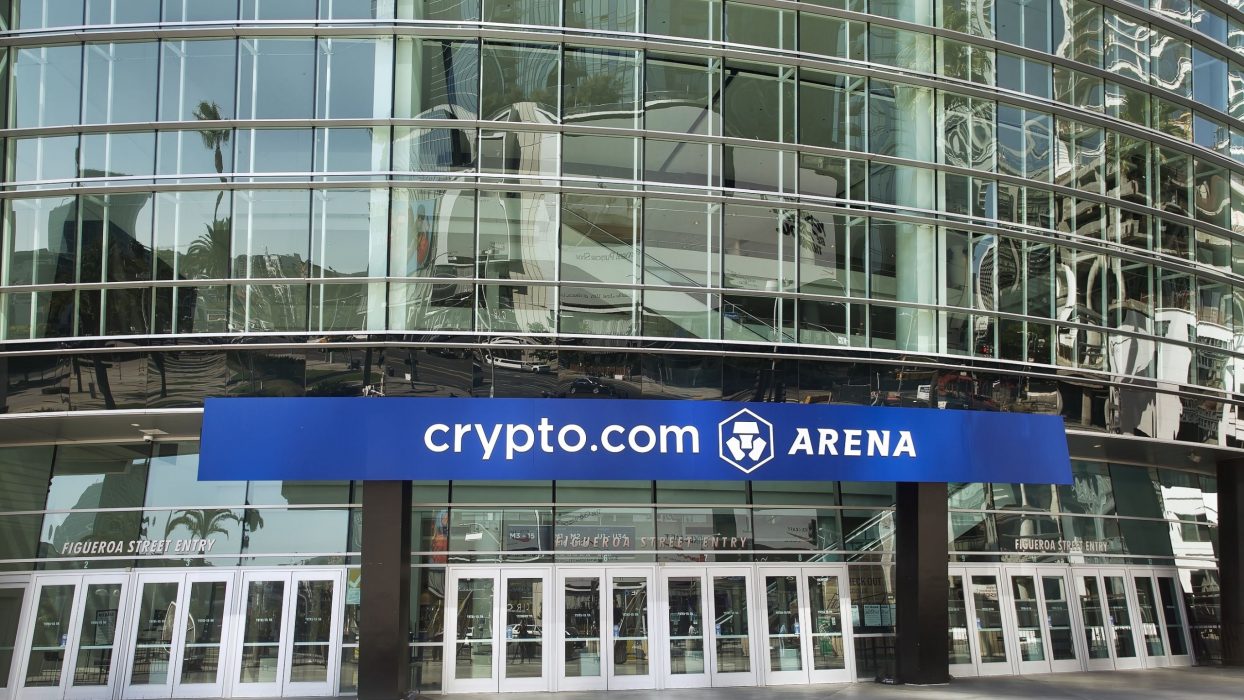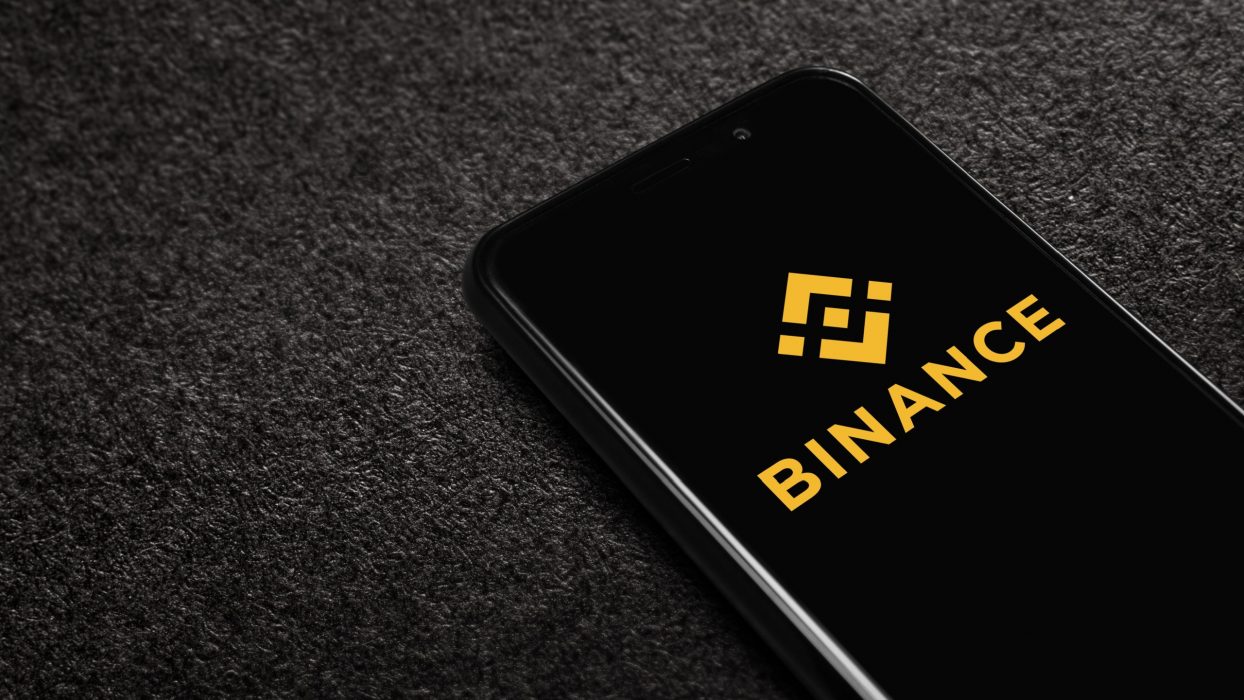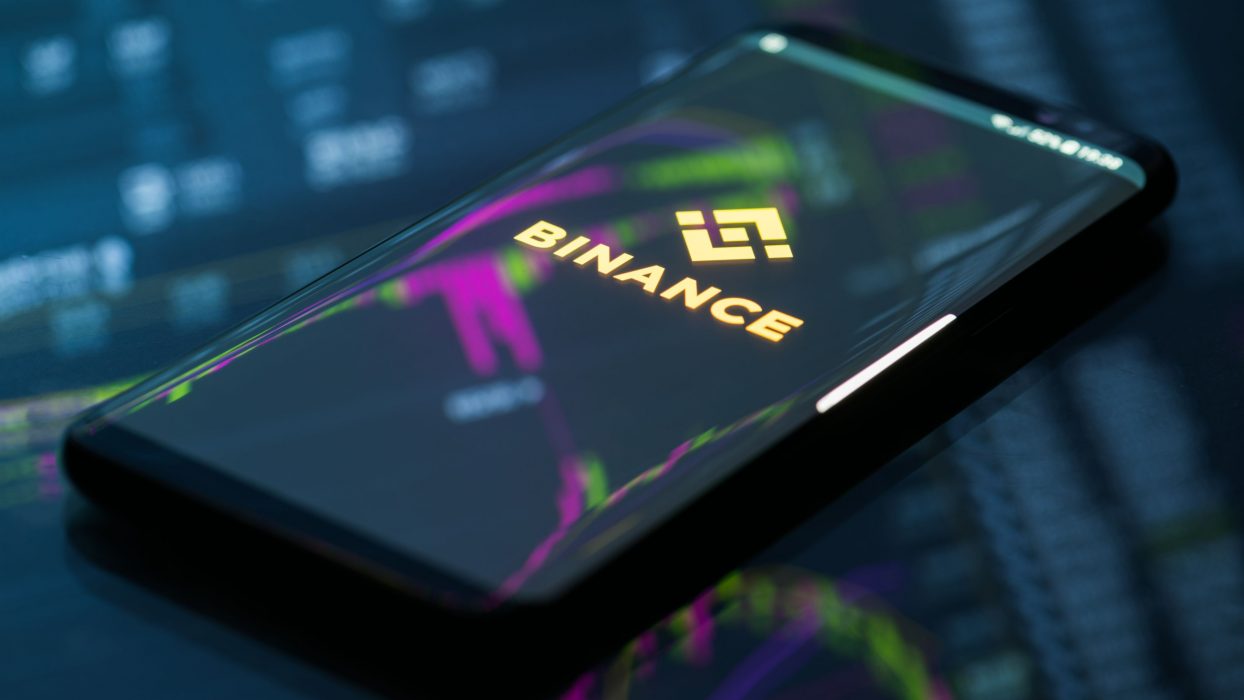Aussie crypto exchanges have reported a big increase in new customers following Binance Australia’s suspension of AUD fiat services.
On May 18, Binance Australia told customers that its Aussie dollar services were suspended “due to a decision made by our third-party payment provider”. Meanwhile, the Australian Financial Review reported that Westpac had stopped its customers from transacting with Binance amid concerns over the use of overseas exchanges by scammers.
National exchanges have since reported a significant increase in traffic and downloads across their platforms.
Aussie crypto users move to local exchanges
Jason Titman, chief operating officer at Australian-owned exchange Swyftx, said:
“We’ve just seen a seven-month high in the number of new customer registrations. Aussie crypto users want the peace of mind that comes from dealing with a secure, large national exchange at the moment.”
Binance Australia has told its customers that they can continue to withdraw AUD via bank transfer until June 1. In its latest update, the exchange also said it was “working hard to find an alternative provider to continue offering AUD deposits and withdrawals.”
In a media statement on May 18, Westpac Group Executive of Customer Services and Technology, Scott Collary, said: “Digital exchanges have a legitimate role to play in the financial ecosystem. But since the rise of digital currency, we’ve noticed that scammers are increasingly using overseas exchanges.”
New research reveals Aussie crypto users biggest consideration when choosing an exchange
Titman said new Swyftx customer research had shown Australian ownership was now the biggest consideration for local crypto users when choosing an exchange.
“There has been a major shift in sentiment over the last six months and especially since the collapse of FTX, with local crypto users opting for local crypto exchanges.”
“Australians want to trade on secure exchanges that are based in the country and operate to local standards.”
“Swyftx has one of the largest teams in the country and we work closely behind the scenes with banks and law enforcement to keep our customers safe, with around 15% of our team dedicated to security and scam prevention.”

